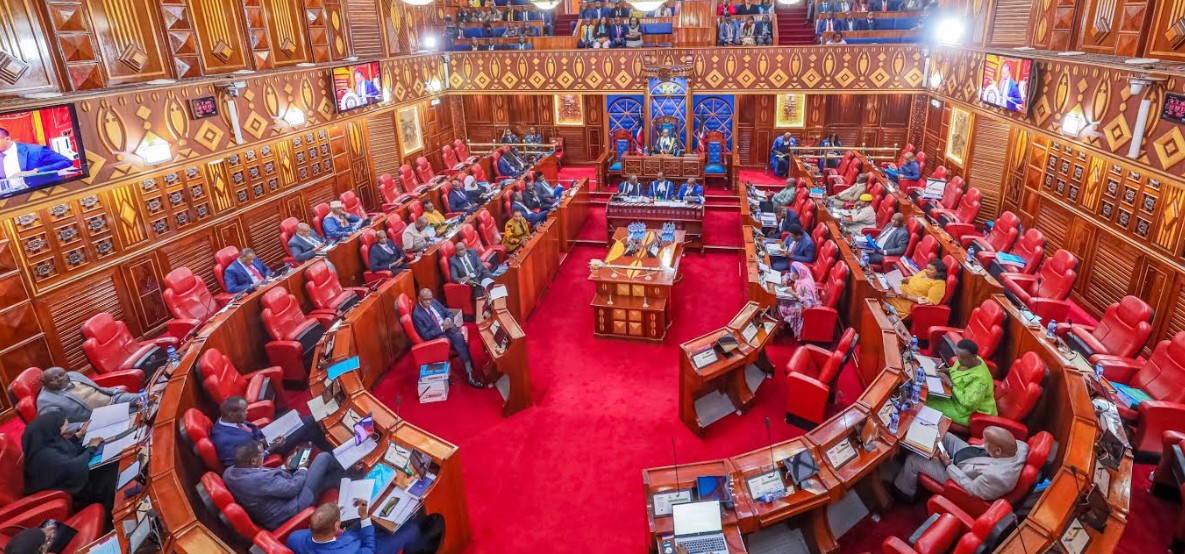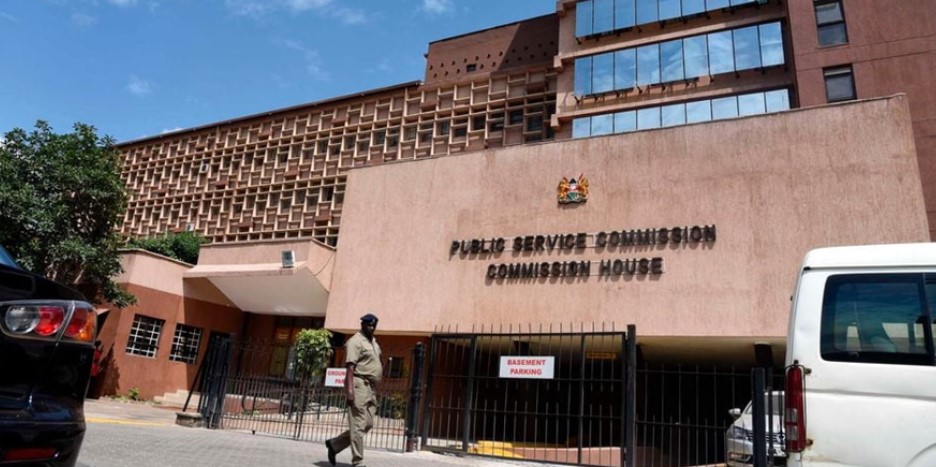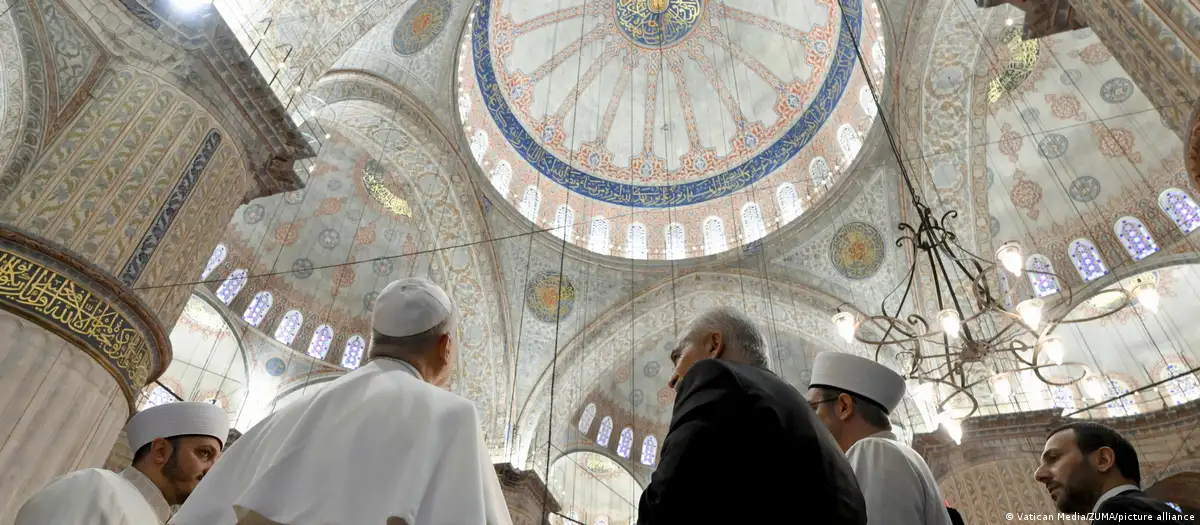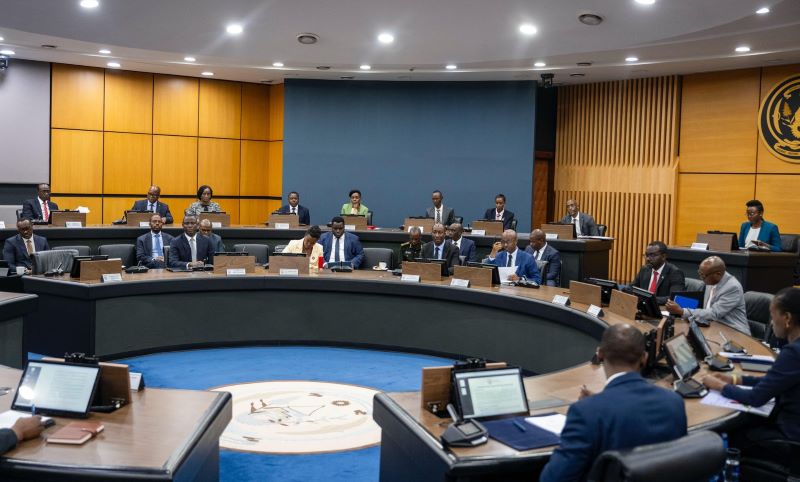Senators reject Ruto Bill to regulate harambees

Among its key proposals, the bill aimed to prohibit political aspirants from participating in fundraisers three years before a general election.
Senators have rejected a controversial bill introduced by President William Ruto’s administration that sought to impose strict regulations on Kenya’s long-standing harambee tradition.
The lawmakers argued that the proposed law would undermine the spirit of community and solidarity that harambees foster, further disadvantaging many Kenyans who depend on these fundraisers for critical needs such as education and healthcare.
More To Read
- Mudavadi urges shift from harambees to cooperatives to shield economy from political shocks
- Churches in Kenya defy economic trends, record rise in tithes and offerings
- Jesus Winner Ministry Church defends Ruto's Sh20 million "pledge" amid calls for return
- "We’ll take the money elsewhere", Ruto allies slam clerics over donation rejection
- Gachagua donates Sh1 million to church amid political donation controversy
- How Ruto's rise from ‘David’ to ‘Zacchaeus’ sparked church rebellion
The Public Fundraising Appeals Bill, 2024, introduced through Senate Majority Leader Aaron Cheruiyot, sought to curb the misuse of harambees, particularly by politicians.
Among its key proposals, the bill aimed to prohibit political aspirants from participating in fundraisers three years before a general election. It also barred state officers and public officials from engaging in fundraising activities during their tenure.
Senators expressed strong opposition, emphasizing the cultural and developmental importance of harambees. Wajir Senator Abass Mohamed underscored how these fundraisers have historically fostered cohesion and uplifted communities.
“Harambees have created cohesion in this country,” Mohamed said. “Most of the students today, as well as many of our professionals, went for scholarships outside the country through harambees.”
Kenya's coat of arms enshrines the tradition of harambee, meaning "all pull together" in Kiswahili, as a cornerstone of the nation's communal identity. From constructing schools and churches to covering medical bills, harambees have been a lifeline for many.
Elgeyo Marakwet Senator William Kisang described harambees as “the cornerstone of the country’s development, cohesiveness, and brotherhood.” Reflecting on his personal experience, Kisang shared. “I almost missed going to Form 1 because my parents did not have anything. A harambee made my education possible.”
Public outcry over politicians' ostentatious displays of wealth, accusing them of using harambees to launder money and gain political favour, led to the introduction of the bill. The debate gained momentum after the July protests by Gen Z activists, who decried corruption and extravagant lifestyles among state officers.
"Not solution to graft"
However, many senators argued that legislating against harambees was not the solution to graft.
“This bill is not the right way to respond to this problem because the president is trying to legislate against bad behaviour,” Migori Senator Eddy Oketch asserted. “We established the Ethics and Anti-Corruption Commission (EACC) to deal with the misbehaviour of public officers. Why not strengthen it?”
Oketch recounted his own battle to enrol in high school during the ban on harambees under former President Mwai Kibaki's administration.
“Today, we are saying that for children like me, who might not have been aggressive enough to reach a district commissioner, they must now go to a Cabinet Secretary or county executive member to get approval for a fundraising drive. Where are we going as a country?”
Other lawmakers highlighted the risks of losing a tradition that has shaped countless lives.
Other Topics To Read
“If it had not been for the Sh100 contributed by Mwilista Lihalang’ang’a to my harambee in 1976, I would not have completed my education at Musingu High School. Harambees have been the backbone of education for many,” Kakamega Senator Boni Khalwale shared.
Nominated Senator Beatrice Ogola echoed similar sentiments, praising harambees as a legacy of Kenya's forefathers. “The harambee spirit has transformed our society. There were even schools referred to as harambee schools,” Ogola noted.
The bill proposed stringent measures, including vetting fundraising venues and organisers, mandating financial reports, and requiring contributors to declare the sources of their donations. While the bill exempted tithes, offerings, and private family fundraisers, critics argued that these exemptions did little to address its broader implications.
Machakos Senator Agnes Kavindu opposed the bill, pointing out its potential harm to vulnerable Kenyans. “Most of the patients with hospital bills they cannot afford to depend on harambees. Outlawing them is condemning these people to unnecessary suffering,” she said.
Senator Ledama Olekina from Narok described the regulation of harambees as "ill-advised," stating that it is likely to condemn this generation to poverty. I completely detest this approach.”
Top Stories Today













































